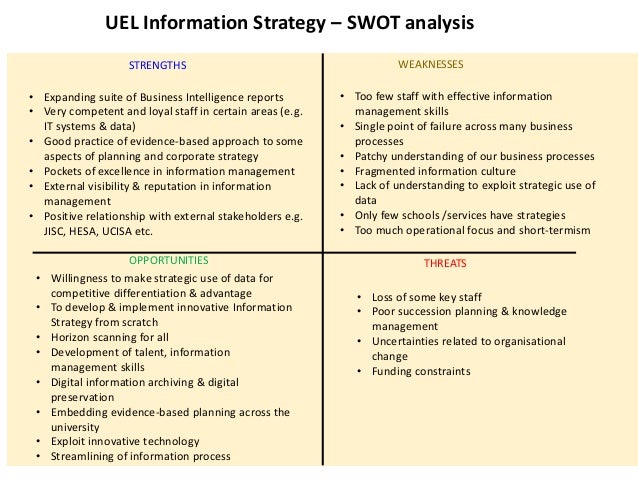


The choice of methods for assessing the effectiveness of IT is complicated by the fact that it is not always clear what kind of efficiency needs to be emphasized. New types of information technology (IT) allow significant improvements in the efficiency of management and solve complex health problems through prompt access to specialized databases. This would significantly intensify the exchange of information and hasten the speed of introducing the latest scientific advances into everyday practice to meet the challenges of improving and developing healthcare. The aim of these processes was to create a single information space for all interested parties (potential users of information): various structures and health services, management and control bodies, manufacturers of medical equipment and medicines, research organizations, and consumers of medical goods and services. These tasks were designed to provide a logistics system for storing and exchanging key human health data, contribute to the implementation of urgent healthcare tasks, and improve management at all levels.

Upcoming changes to status quo (regulatory, political, social, etc.The concept of e-health development (Unified Health Information System) was implemented in Kazakhstan in 2013-2020, aimed at introducing an electronic health passport and a medical database.Environmental factors that might prevent successful outcome.Factors: Political, Economic, Socio-cultural, Technological.Chances made possible by unique strengths / eliminating weaknesses (?).Upcoming changes to status quo (regulatory, political, social, etc.).Unfulfilled / open niches not served by other programs (unmet customer need).Environmental factors that might influence/contribute to successful outcome.What other organizations might do better than yours.



 0 kommentar(er)
0 kommentar(er)
